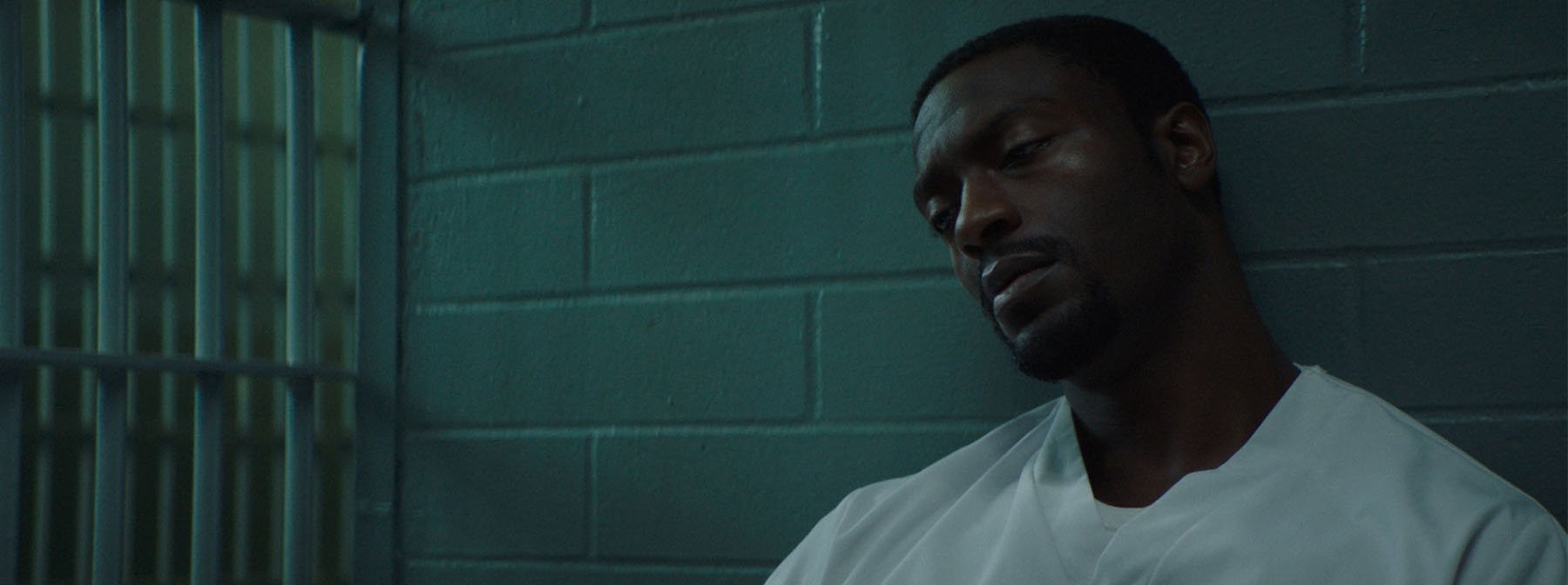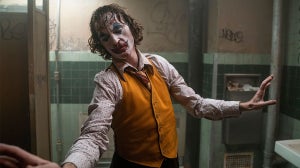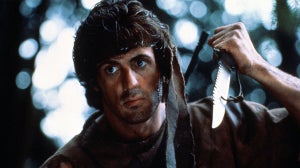
But now Aldis Hodge has switched from playing an attorney in TV’s City On A Hill to portraying somebody on the other side of the legal system in his latest movie, Clemency.
In the winner of last year’s Grand Jury Prize at Sundance, he plays a man on death row, awaiting execution for a crime he didn’t commit.
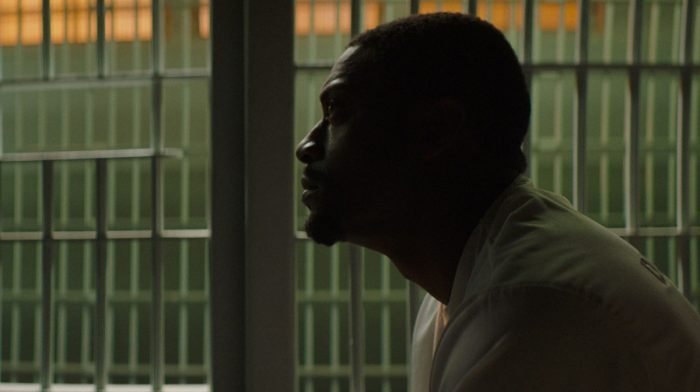
It’s a role that he describes as a “once in a lifetime opportunity”, one that took him into San Quentin prison as part of his research.
We chatted to Hodge about the moment in the film where he was strapped to the execution bed, working on The Invisible Man and why he is never, ever late for anything.
https://www.youtube.com/watch?v=z0RtImo4YFA
Zavvi: Congratulations on the film – it is extraordinarily powerful and the sort of film that only really comes along once, if you’re lucky, as an actor. Was that how you felt when the script first arrived?
Aldis: The thing that I felt about the script was that it was incredibly well written. I thought that it had a very nuanced perspective on the subject, and I thought it had great potential to have a real conversation that could be progressive when it came to capital punishment, and really just help people understand the heinous nature of such an act.
I thought our filmmaker and writer, Chinonye Chukwu, was brilliant in her execution and, yeah, you’re right – this is something that’s a once in a lifetime opportunity when it comes to this kind of material.
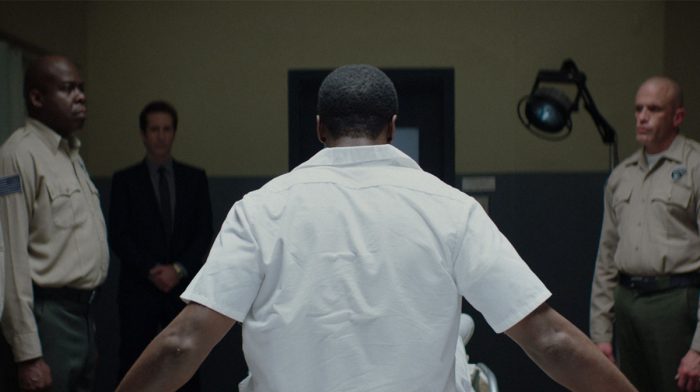
Zavvi: So how did you go about researching your role? Did you visit any prisons?
Aldis: I did, actually. The first research step was talking to Chinonye about her perspective and how she viewed it. It opened up my eyes on capital punishment.
Then it was jumping into books and literature. She told me about Troy Davis and gave me a book on him and his journey when he was on death row, and people were campaigning for his freedom. He was ultimately put to death.
Afterwards, I went to San Quentin to see what their world was like and it’s a terrible shocking one. Death row inmates are treated differently to other inmates.
Something that was really polarising for me was that when the death row inmates were transferred across the yard, the other prisoners were made to turn their backs on them, not look at them or speak to them. I felt it forced or thrust upon them this truly inhumane environment down to what could be literally their last breath.
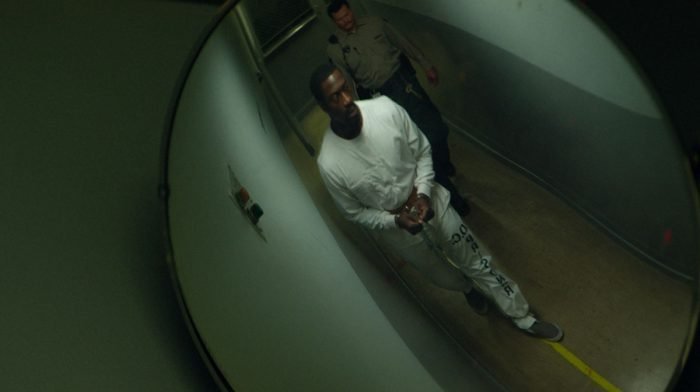
Zavvi: That’s a lot to take in. Did you watch any prison movies as part of your research. Let’s face it, this movie is NOT The Green Mile!
Aldis: No. Whenever it comes to any particular project that there is a film reference, I usually don’t watch the movies.
Recently, my last picture (One Night In Miami) was a biopic about the football player and activist Jim Brown, and whilst he was primarily known for that, he also went into film and became a great star.
I didn’t watch any of his films. I watched interviews to get down into who he was, but I didn’t watch the films because I don’t want that comparative narrative in my head. So with this, I stuck to real research, real interviews and real books. I don’t want to pull from somebody else’s art to make my art.
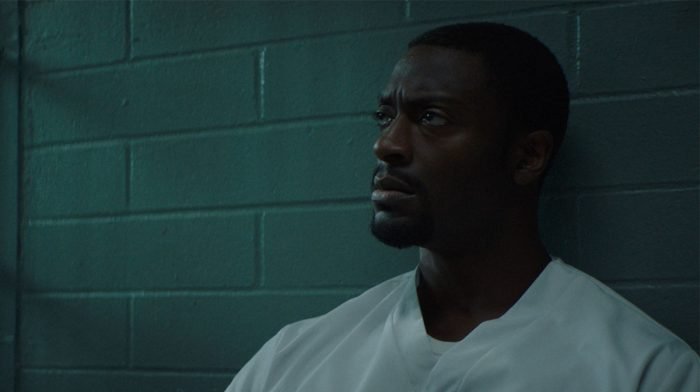
Zavvi: At one point in the film, you’re strapped down on the execution bed and you can’t move. I wondered exactly how cold your blood was running at that particular point? Do you suffer from claustrophobia?
Aldis: No, thank God I do not suffer from claustrophobia. That’s from childhood. I always found myself stuffed into small places as a child. I don’t know why. I was a weird child.
The thing is with that bed is that, in your mind, whether it’s moving or not, you realise you can’t get up and if you want to get up, it’s somebody else’s decision. They’ve got to help you up. So it was a strange thing to experience and I can only imagine that when men and women go through this in real life, what must that be like.

Because this is really real. What happens if you go through that, and you do get that call from the Governor’s office and they stop it, and now you’ve got to walk through life with that on your back. At least you have your life, but at the same time you now have a life that’s tainted.
It’s a scary experience because of the nature of situation you’re in. You see all these needles and people looking down upon you and the bright light. I wouldn’t wish that on anybody.
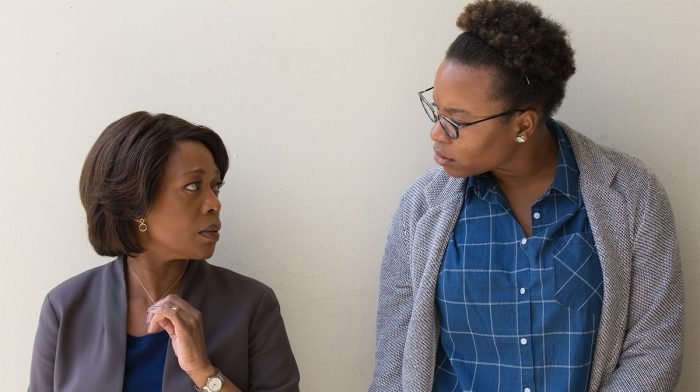
Zavvi: I’ve got to ask you about The Invisible Man, which has just come out on DVD and Blu-Ray in the UK, so we can see you in that as well. Are you a horror fan?
Aldis: I don’t know if I am. I like suspense and when it’s done well I love it. I grew up on Jason and Chucky so I do like those movies.
I have some friends who are real horror fans, who go to every horror movie, but I don’t know if I’m in the club yet!
But I was really excited to be part of The Invisible Man and I’m definitely a fan of the movie, that’s for sure!
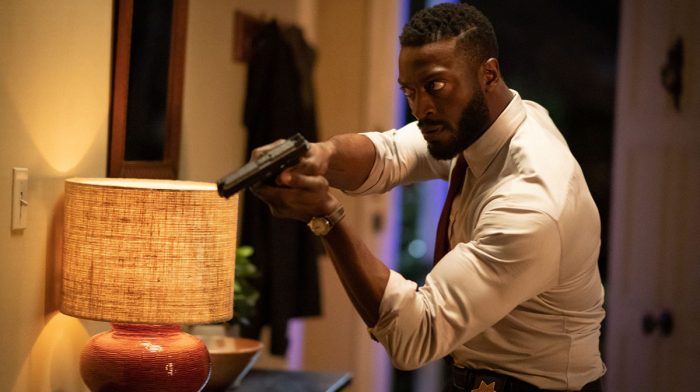
Zavvi: It’s a hugely fun to watch. Presumably it was just as much fun to make?
Aldis: It was. Absolutely. With The Invisible Man, coming back from the whole monster mash reboot with Universal, we were able to put our own spin on this old-time classic and truly make it our own, and give it our DNA. That’s fun to do because it’s such a great challenge.
People want to know if it’s like the old one, like the original and, for us, the original had its own thing and we respect that, but we’re doing our own thing now.
Again, another situation where I did not go back and re-visit any old movies. I felt like we took something and re-made it, and gave it new legs.
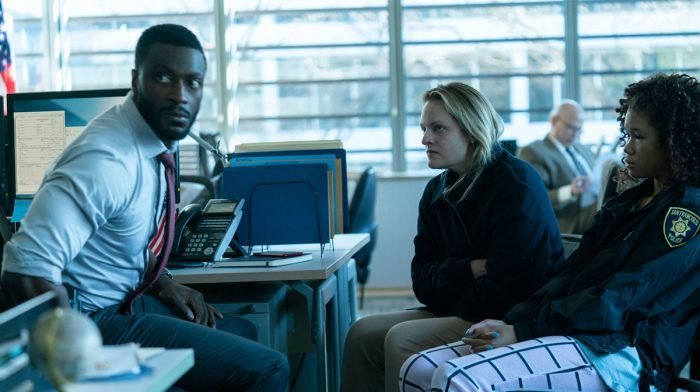
It was the same thing with Clemency. I remember when I first heard about it – not when I read the script - but when I heard about it, my agent and my manager were saying “you’re back in jail again” because I’d just done a film called Bryan Banks about Bryan, who is a friend of mine, who was in a juvenile detention centre for four years, in prison for five years and then on probation wearing an ankle monitor for another five years as a registered sex offender for a crime he didn’t commit. And he had to exonerate himself.
So I went from one prison setting to another one, and they asked me if this was the movie I wanted to make. When I read the script, I said that if it had a real story to tell, and in a different way, and it has a message, of course I want to be part of it.
And when I read the script, it was an automatic yes, because of how different the execution was. It wasn’t basic surface level, it gave you a whole different way to look at the subject. There’s something different there, and I like different!
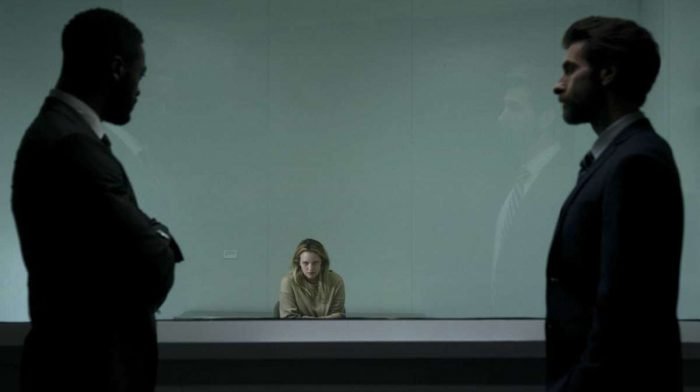
Zavvi: I was looking at your Instagram profile and you describe yourself as a watchmaker – acting seems to come a long way down the list. What’s your timekeeping like? Are you ever late for anything?
Aldis: I’m never late. Both my parents were Marines, but I was raised mainly by my mother and she always taught us that early is on time, and on time is late.
When it came to acting, we were never late for anything because if you’re an hour late to the set, that can cost the production anywhere from $50,000 to $500,000 depending on the budget.
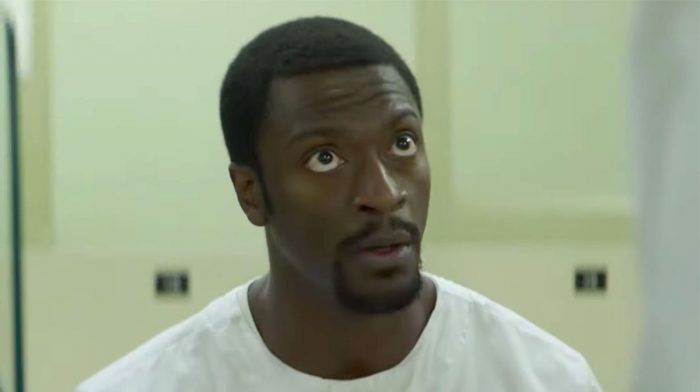
Plus, being straight up, being black in this industry, you can’t afford to do that. I have a lot of white counterparts, associates and friends who have shown up to sets three, four, five hours late, have shown up to sets hungover, and the treatment is different.
I’m not saying that’s acceptable from anybody – as an artist and an actor, I don’t think it’s acceptable ever – but the treatment is different.
So I was always raised with the idea that this shot could be your last shot, so we’ve got to make it our best, and we can’t afford to be late because we don’t have the same chances, we’re not able to bounce back like some other people do so, no, late is not what I do at all!
Clemency is released on Curzon Home Cinema and Bohemia Media's bespoke streaming service on Friday 17th July. The Invisible Man is currently available on DVD and Blu-Ray.For all things pop culture and the latest news, follow us on Instagram, Twitter and Facebook.

